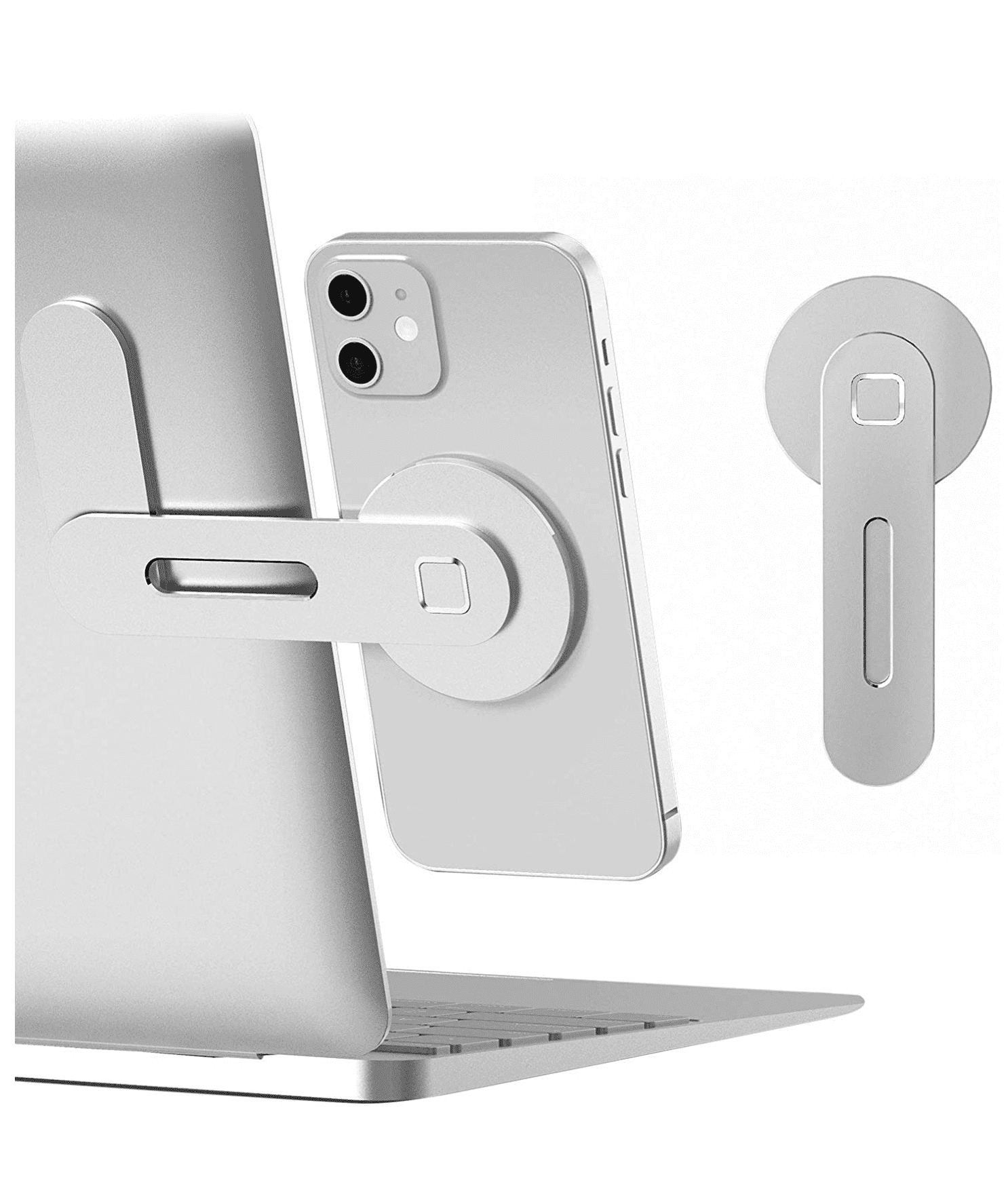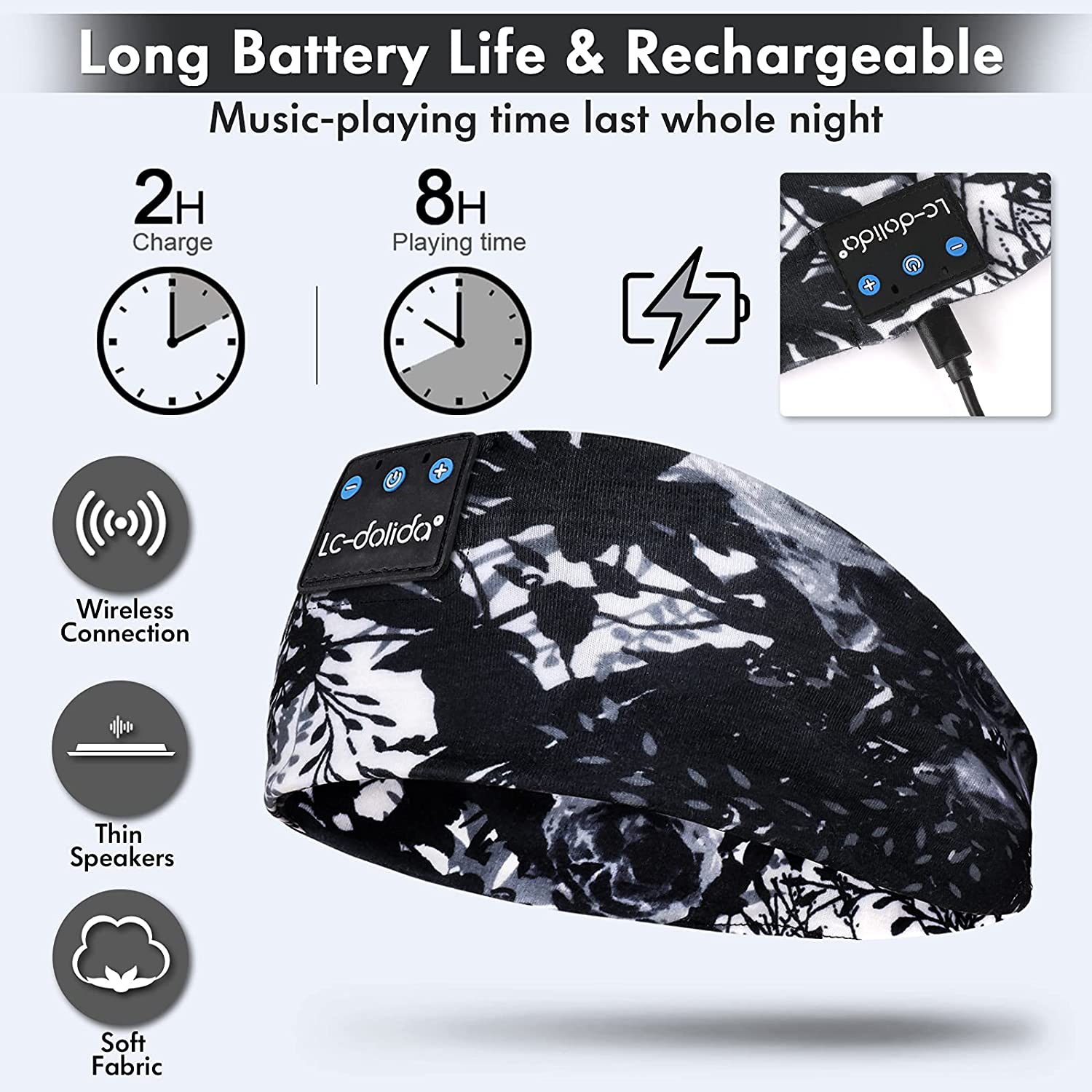Blogging 101

If you’ve already started trying to find out where you should build your blog, then you’ve likely seen WordPress mentioned quite a bit. That’s because 43% of businesses build their websites on WordPress. FYI – we did too!
What are the Differences Between WordPress.org and WordPress.com and what should you choose?
WordPress.org and WordPress.com are both platforms for creating websites using the WordPress software, but they have some key differences:
1. Ownership: WordPress.org is a self-hosted platform, where you have complete control over your website and its content. If you would like to create a blog, then you should use WordPress.org. However, choosing this option means you now have to find a place to host your website (see below). WordPress.com, on the other hand, hosts your website for you.
2. Customization: With WordPress.org, you can fully customize your website by using custom themes, plugins, and modifying the code. WordPress.com has some customization limitations, and you have to upgrade to a paid plan for more flexibility.
3. Monetization: WordPress.org allows you to monetize your website using any method you want, including sponsored ads, affiliate marketing, and selling products. WordPress.com has restrictions on monetization, especially on the free plan, where you cannot display third-party ads. If you are a blogger, you need complete control over your website and its ability to monetize. This is why WordPress.org is the better option.
4. Costs: WordPress.org is free to use, but you need to find your own web hosting service, which usually comes with a cost (more on this below). On WordPress.com, you have multiple plans, including a free plan with limited features, and paid plans with more features and customization options.
Choosing between WordPress.org and WordPress.com depends on your specific needs:
- If you want full control, flexibility, and the ability to monetize your website freely, WordPress.org is a better choice.
- If you prefer a simpler setup, don’t want to deal with hosting or maintenance, and are okay with some limitations, WordPress.com can be a suitable option.
Find a host for your website:
Bluehost hosts over 2 million websites. It’s a commonly used platform with great introductory pricing, and an easy setup.
We chose Bluehost because they are reputable, provide good customer support, are reliable, have security features, offer scalable plans, and have affordable prices. Additionally, it’s easy for you to use WordPress to build your website.
Ultimately, the hosting provider you choose should align with your website’s requirements, provide excellent customer support, offer reliable performance, and fit within your budget.
Blogging
How to Start a Successful Blog: Tips for Writing Engaging Content and Finding Your Niche
Starting a blog has become an incredibly popular way for people to share their thoughts, insights, and expertise with a large audience. But, with so many blogs already in existence, how can you ensure that yours stands out and becomes successful? To help you embark on this exciting journey, here are some key tips to consider if you’re thinking about starting a blog.
There’s a lot of talk about finding your niche and while this is important to do so, I also think it’s important to understand that blogging can be a way to share personal details about one’s life. If you have a personal connection to a specific issue, then it’s important to understand your niche can also be you. There are people who will follow you and read what you have to say because of who you are and your compelling story. You can also decide to blog about something that is removed from who you are or that lacks a personal connection to your life – neither is right or wrong. That being said, the most important element you want to keep in mind is how is your content providing value or solving a problem for someone? Whatever you decide, there is something to be said for finding a niche, an issue, a problem to which you have a solution and an interest in.
Here are a list of considerations as you start planning your blog:
1. Choose a Topic You’re Passionate About:
The first step towards creating a successful blog is selecting a topic that you are genuinely passionate about. Whether it’s fashion, food, wellness, or travel, writing about something you love will make the process enjoyable and sustainable in the long run. It will also help you stay motivated and consistently produce high-quality content for your readers. This is the most important advice.
2. Define Your Target Audience:
Understanding who your target audience is crucial in creating engaging and relevant content that resonates with them. Identifying their demographics, interests, and preferences will allow you to tailor your blog articles specifically for them, ensuring you capture and retain their attention.
3. Develop Your Writing Skills:
One of the most vital aspects of a blog is the quality of the writing. To attract and retain readers, it’s important to continuously work on honing your writing skills. This includes carefully crafting engaging headlines, using clear and concise language, and structuring your content in a logical and organized manner. Proofreading and editing your work before publishing will also help ensure your articles are polished and error-free. With the emergence of AI, you definitely have help, but AI should be leveraged to support your writing, not do all of your writing.
4. Consistency is Key:
A successful blog requires consistent posting to maintain the interest of your audience and encourage regular readership. Create a content calendar and establish a manageable posting schedule, whether it’s weekly, bi-weekly, or monthly. This will help you stay organized and ensure a steady stream of fresh content for your readers to devour.
5. Use Social Media:
To expand your blog’s reach, it is essential to leverage social media platforms. Create accounts across various platforms, such as Pinterest, Instagram, and Facebook to promote your blog and engage with your audience. Building an active and engaged social media presence will not only drive traffic to your blog but also allow you to foster meaningful connections with your readers.
6. Identify Your Niche:
While it may be tempting to cover a wide range of topics on your blog, focusing on an issue that has several specific pillars can enhance your chances of success. This can lead to more dedicated readers, potential collaborations, and ultimately, monetization opportunities. Whether it’s lifestyle, fashion, wellness, or a unique passion.
Starting a successful blog ventures beyond just writing—it’s about understanding your target audience, producing high-quality content consistently, and finding your unique niche. By implementing these tips and strategies, you will be on your way to creating an engaging and prosperous blog that speaks to your readers and sets you apart in the crowded blogosphere.


















